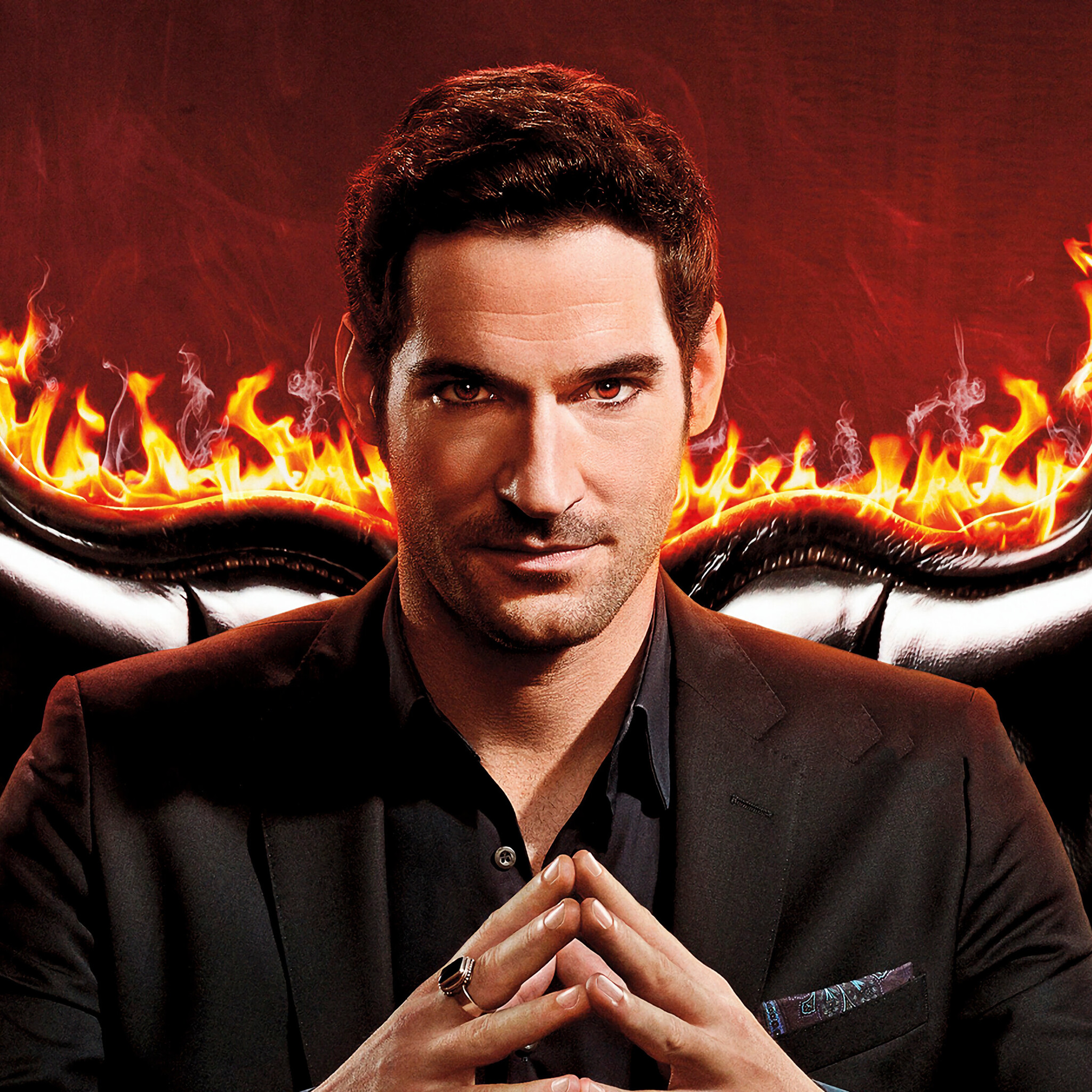
Alas, Martha Washington ordered their personal correspondence destroyed, closing off the main avenue to a more intimate look at Washington the man. What Washington does pass down to us is voluminous, mostly official correspondence, not especially revealing daily diaries and documents from his life as a self-made member of the Virginia gentry, leader in the fight for American independence and first president of the United States. "It's harder to write about because Adams and Jefferson give you the words themselves, whereas Washington's basic convictions were shaped by experience and action. "There's a fundamentally different sensibility at work here," Ellis says, comparing Washington to John Adams and Thomas Jefferson during a call to his home in Amherst, Massachusetts. And he discovered sides of Washington-the man, not the monument we've made of him-that surprised him.


Like many of us, historian Joseph Ellis long considered George Washington a distant, almost unapproachable icon, "aloof and silent, like the man in the moon." Then Ellis began research for a chapter about Washington's farewell address in Founding Brothers, his brilliant, Pulitzer Prize-winning bestseller about America's revolutionary generation.


 0 kommentar(er)
0 kommentar(er)
